Thus saith the LORD of hosts; The children of Israel and the children of Judah were oppressed together: and all that took them captives held them fast; they refused to let them go.
Their Redeemer is strong; the LORD of hosts is his name: he shall throughly plead their cause, that he may give rest to the land, and disquiet the inhabitants of Babylon. (Jeremiah 50:33,34)
Analyze This: Can Condi's three generals help her out-maneuver Barak in the West Bank?
By CALEV BEN-DAVID
Mar 31, 2008
http://www.jpost.com/servlet/Satellite?c=JPArticle&cid=1206632370644&pagename=JPost%2FJPArticle%2FShowFull
Score this one for Condi.
Secretary of State Condoleezza Rice certainly wasn't going to fly here for a lightning visit and then leave without gaining at least one headline-worthy concession from Israel on easing conditions for the Palestinians in the West Bank.
Defense Minister Ehud Barak had already made pre-emptive moves last week, when he signed off on the deployment of 700 Palestinian policemen currently being trained in Jordan into the Jenin area, as well as PA security forces being equipped with 25 armored personnel carriers.
But Rice wanted more, and got it with the announcement yesterday that the IDF would soon take down 50 roadblocks and dirt barriers throughout Judea and Samaria.
Though Barak has publicly resisted easing such travel impediments for the Palestinians, on the grounds it might increase the odds of a terror attack, the most politically opportune time to make such an announcement was surely during a visit by a US secretary of state so heavily invested in the peace process here that she has made it the policy centerpiece of her final year in office.
Even so, it can't be easy for Rice to sit opposite the most decorated soldier in Israeli military history, and counter his arguments that the concessions she is demanding risk endangering the security of this nation's citizens. Perhaps that helps explain why she has enlisted some heavy brass to help her in that mission, a trio of top US military officials: Gen. James Jones, Lt.-Gen. William Fraser and Lt.-Gen. Keith Dayton.
Why the three - and what exactly does each one do?
Jones is the senior of the trio, a combat-decorated former commandant of the Marine Corps, "which means people in Washington think of him not as a guy who can walk on water, but ten feet above it," says one Washington insider.
Jones, who officially retired from active duty last year after serving as Supreme Allied Commander in Europe, was appointed by Rice at the Annapolis conference as US Special Envoy for Middle East Security. Befitting his title, he is described by one source as "the big-picture guy," advising and helping Rice to place the Israeli-Palestinian conflict in a larger regional context, a responsibility that includes engaging other Arab leaders.
Jones, who also holds a senior position in the US Chamber of Commerce and sits on the corporate boards of Boeing and Chevron, is a real heavyweight, not only for his storied military past, but his possible future prospects. Last year the Wall Street Journal described him as one of "Washington's hottest political commodities," courted equally by both Republicans and Democrats. Hillary Clinton has talked of putting him in her cabinet, Barack Obama has consulted with him, and John McCain described Jones as one of his "closest and longtime friends."
All that gives him the credentials to play the role of Rice's four-star, 300-pound gorilla-in-the-room. Not surprising, then, that it was Jones, as The Jerusalem Post reported last week, who leaned on Barak to make security concessions ahead of the secretary's visit.
Fraser, the second of Rice's generals, was appointed during President Bush's visit here in January specifically to monitor the implementation by Israel and the Palestinian Authority of their road map obligations, and chair the tripartite meetings with Israeli and Palestinian representatives to assess their progress.
Although a three-star former top US Air Force commander, Washington sources say his real authority stems from his current role as assistant to the chairman of the Joint Chiefs of Staff, as well serving as Rice's chief military adviser. "No one gets more face-time with the secretary than he does," says one source.
Barak would do well then not to undervalue Fraser - which is why both US and Israeli sources say it was a real mistake for the defense minister to have sent adviser Amos Gilad in his stead to the last tripartite meeting held two weeks ago with Fraser and Palestinian Authority Prime Minister Salaam Fayad.
Rice's inserting Jones and Fraser into the picture here has reportedly meant a less prominent role for:
Dayton, US security coordinator to Israel and the Palestinian Authority.
Dayton's job is to help rebuild the PA security establishment and make it an effective and accountable force. In practical terms, this means helping oversee the training of Palestinian security personnel being conducted in Jordan, such as that of the policemen who are now heading for Jenin. Although no US military personnel are directly involved in that training, private American security contractors of the type now operating in Iraq are taking part.
Dayton also consults with the Palestinian Authority Strategic Planning Directorate, a national security council-type body recently set up in Ramallah to try and create longer-term security policy for the Palestinians. And he is advising on the reconstruction of the PA security infrastructure in Jericho that was destroyed by Israel during the second intifada - an effort reportedly behind schedule because the contractors involved now insist on being paid in shekels, instead of dollars.
Israeli security sources say that when Ephraim Sneh served as deputy defense minister under Amir Peretz, he met regularly with Dayton to discuss larger strategic issues, but that practice has largely stopped since Sneh was succeeded in that position by Matan Vilna'i. Those sources say this is mainly due to Dayton being overshadowed by the involvement of Jones and Fraser; it may also involve rumored tensions between Dayton and Barak, the latter reportedly bristling at criticism the general has made of the defense minister's unwillingness to approve giving the PA security forces more operational latitude and higher-level military equipment.
Barak's team may feel Dayton's authority has diminished with Jones and Fraser on the scene; but for the latter two, the Israeli-Palestinian conflict is very much a part-time gig, while it's Dayton who is on the ground here full-time, and is specifically tasked with the job - creating a viable PA security force - on which any future real political progress is likely to depend.
Barak has good reasons to be cautious, both for the safety of the Israeli people, as well as his own prime ministerial prospects if security concessions on the West Bank lead to renewed terror attacks (or the nightmare scenario of an those weapons and APCs being given to the PA eventually falling into the hands of Hamas).
Mark Weiss on Rice's visit
But as 2008 winds on and the Bush administration presses for more progress on the Israeli-Palestinian peace front, it will be Rice's generals who will be leading the secretary's charge for Israel to make ever more concessions on the West Bank - and Israel's own general of generals who will have to find the right balance to both keeping Washington happy, and Israelis secure.
Monday, March 31, 2008
Subscribe to:
Post Comments (Atom)
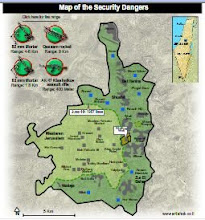
Divided Jerusalem
























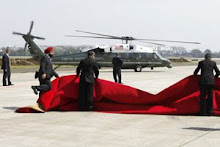



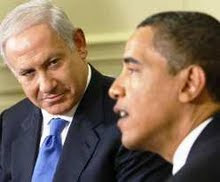

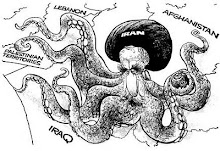






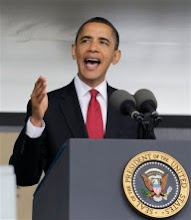
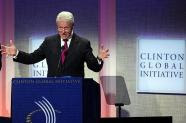






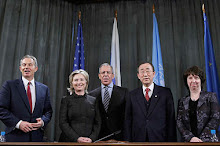

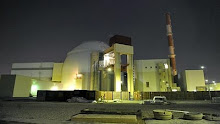


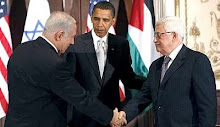
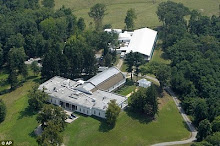




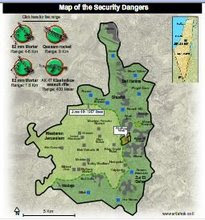













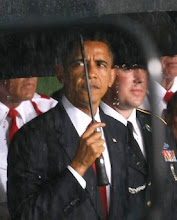



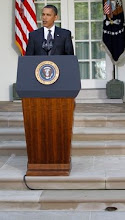













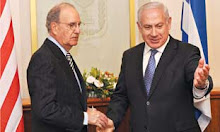

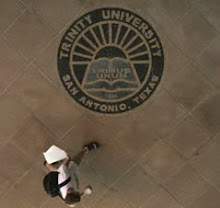

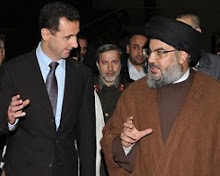
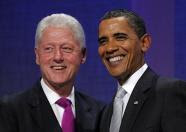

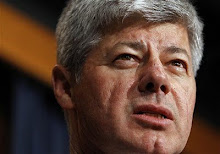






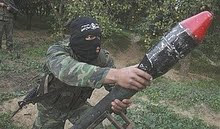
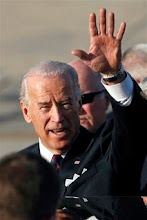


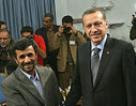+and+Iran%27s+Ahmadinejad.jpg)


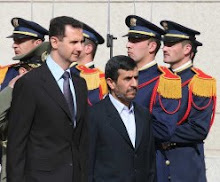





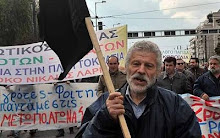
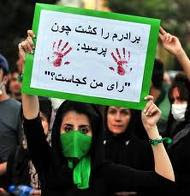





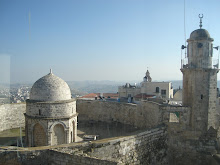
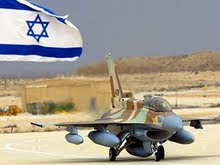




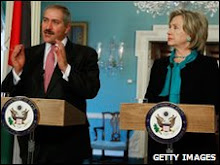


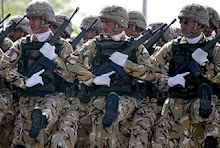







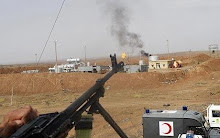






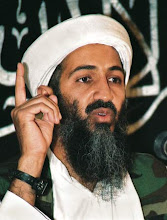
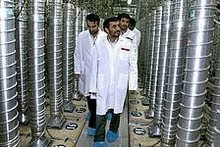

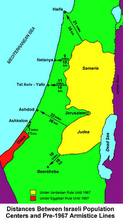



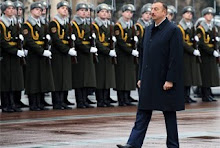
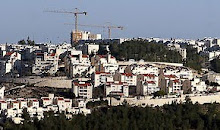


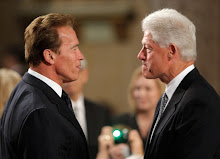



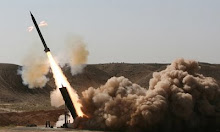

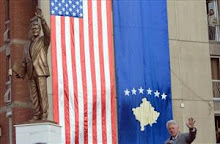







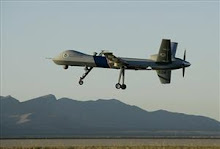




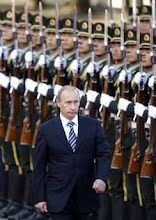

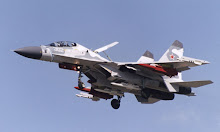
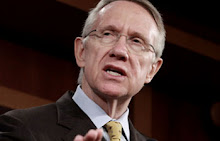
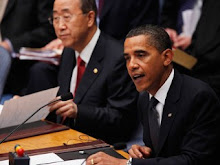
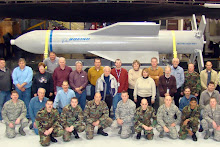.jpg)


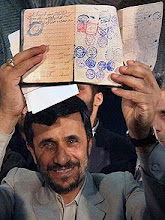

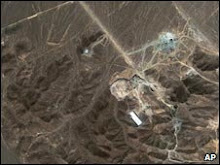



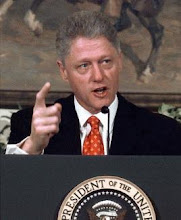
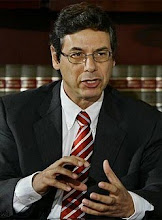







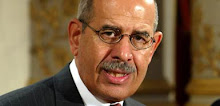


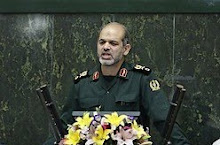









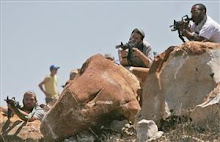



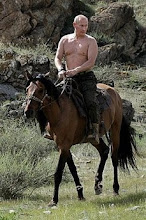
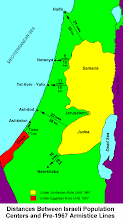

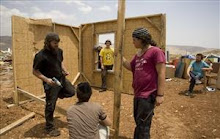
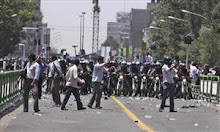.jpg)
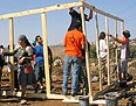

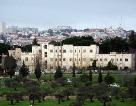


.jpg)
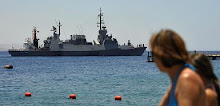





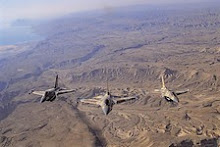




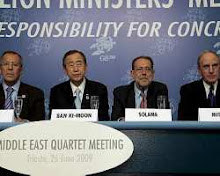


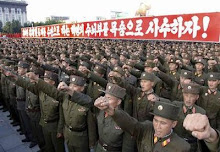


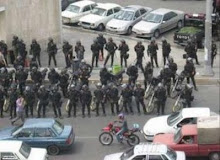
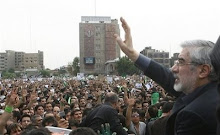








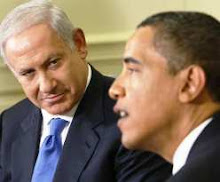

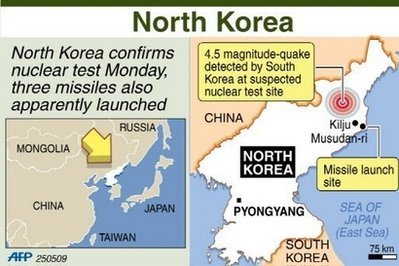





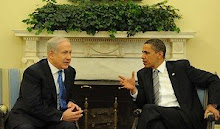

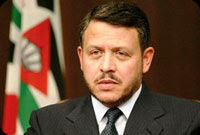


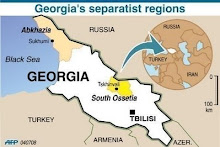


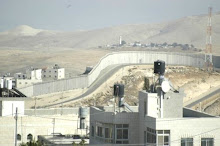




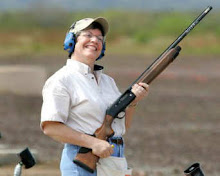









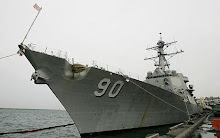



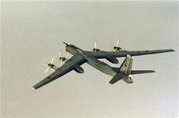
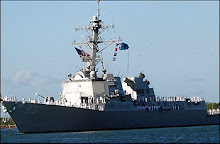

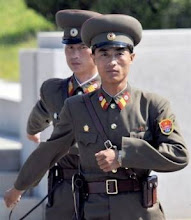










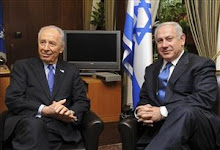




















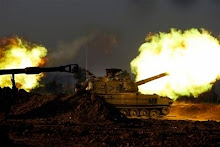
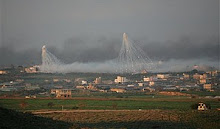
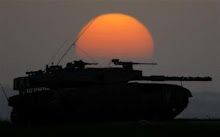








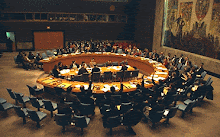





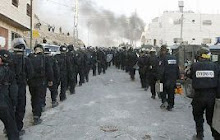

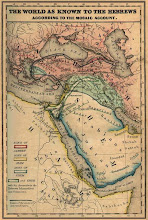



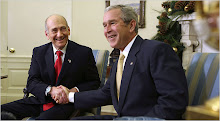
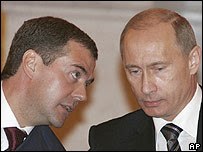








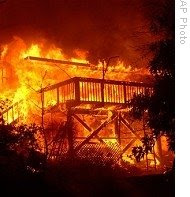












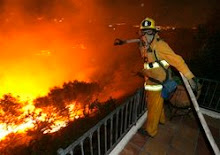











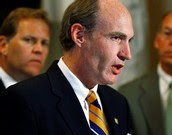.jpg)



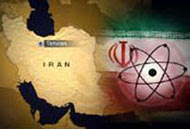










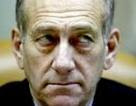



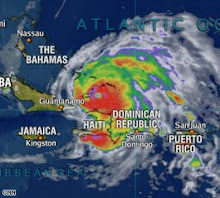


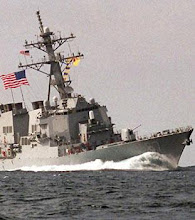
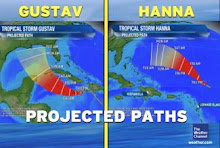
















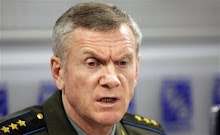
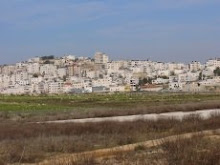











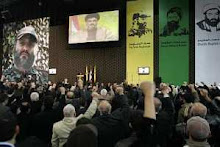



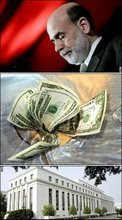





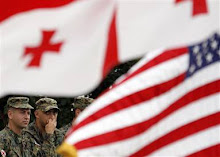




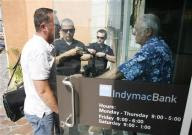

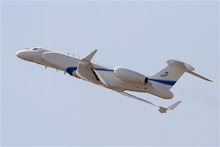




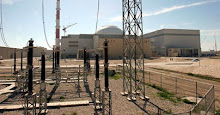





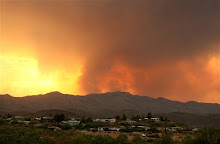




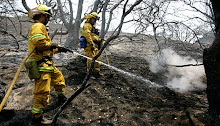

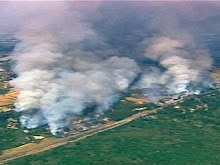
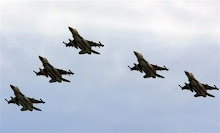
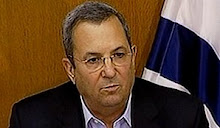

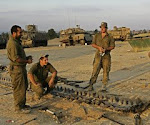
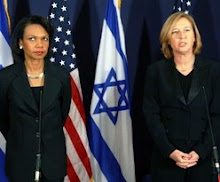+and+FM+Livni.jpg)
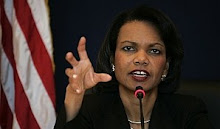






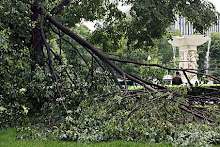


















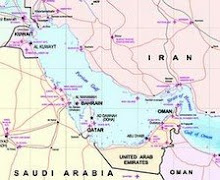

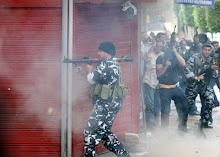



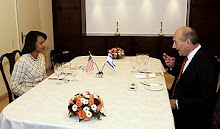


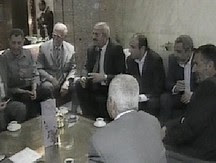






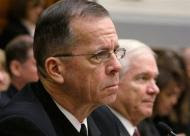



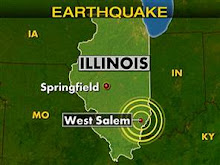
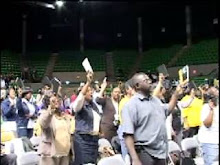









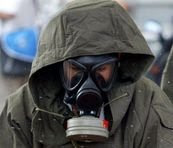
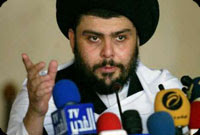







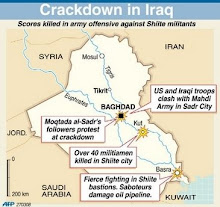
























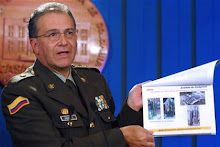



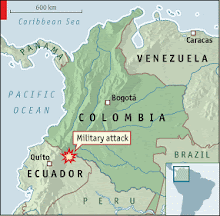
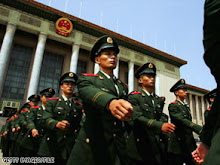
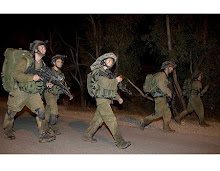
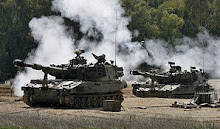










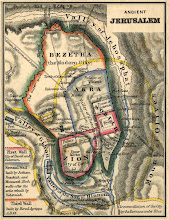










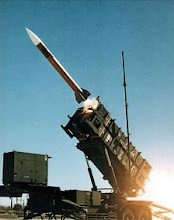



No comments:
Post a Comment